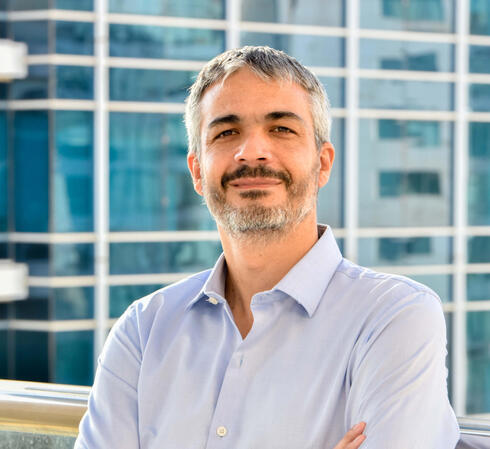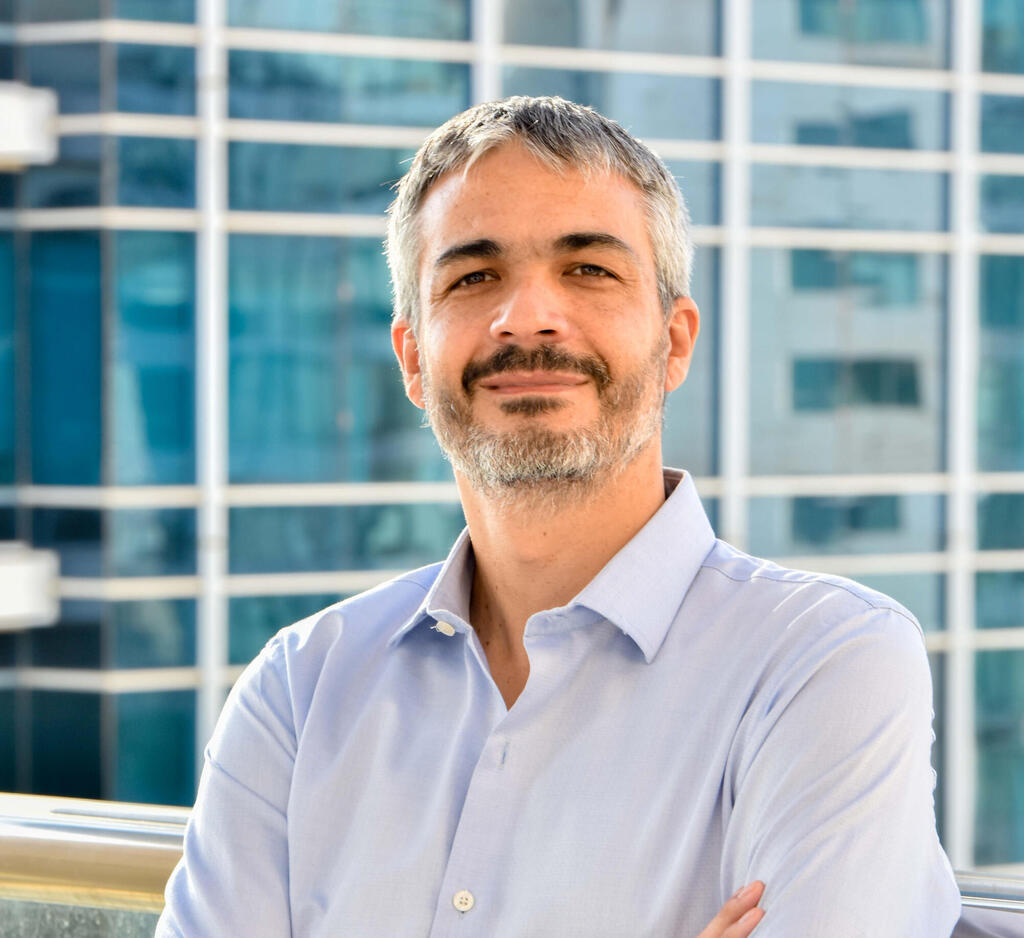
Opinion
Nurturing ideas: Unleashing the power of innovation in the venture world
“Ideas may be plentiful, but a truly potent idea - one which solves a big enough problem that large amounts of customers are willing to pay enough money for - is a rare, precious gem,” writes Omer Nagar, Co-Founder, Managing Partner and CEO at VC firm The Garage
The current state of the venture world is quite complex. The tension between disruptive forces such as Generative AI, which are advancing rapidly, and the fact that many entrepreneurs are struggling to raise funds, leaves numerous individuals with their dreams on hold. However, even in the current challenging landscape, there are still active funds that keep investing based on a seemingly simple formula rooted in a good idea, market potential, and high execution capabilities. This begs the question, then, what should those with great ideas do to pursue them?
This query touches upon two of the burning topics dividing the venture world: (1) is success dictated by the brilliance of an idea or the prowess of execution? And (2) must the idea's genesis lie within the entrepreneur for the venture to thrive? I would like to argue that the answer isn't black or white but a captivating grayscale.
Ideas may be plentiful, but a truly potent idea - one which solves a big enough problem that large amounts of customers are willing to pay enough money for - is a rare, precious gem. Coming up with one usually requires not only an innovative spark but a blend of discipline, resilience, a deep understanding of the domain, flexibility, and rigorous validation.
Only then the highly important execution capabilities of the team can come into effect.
Debunking the myth that entrepreneurs must birth their ideas, history testifies that successful ventures can spring from borrowed seeds, as long as entrepreneurs' bond with the idea, claim its ownership, and take the helm of its realization. Examples such as Mark Zuckerberg's Meta and many others indicate that the origin of an idea is not always the key determinant of success. When considering Meta today, it seems clear now that the question of whether it originated from Zuckerberg's own mind or from one of his early partners is probably irrelevant. Another indication of this is the growing number of venture-builder platforms. The challenge of such entities is finding the sweet spot which enables entrepreneurs to share methodological ideation and validation processes with professionals and with their potential markets, while making sure that the entrepreneurs claim full ownership over the initiated startup. The path to this goal goes through the entrepreneurs' full sovereignty over the process, the stage at which they enter it, and their equity share in the company to be formed.
Entrepreneurship, then, is more than the simple notion of either having a good idea or flawless execution abilities. Entrepreneurs play multiple roles - ideator, executor, and oftentimes, the absorber of ideas, as a robust idea can come from anywhere. What matters is the entrepreneurs’ connection to the idea, their will to translate it into reality, the timing, and the claim over its ownership.
So, the next time you hear, "I have a startup idea", remember that it could be the seed of a potential billion-dollar company, and it is the interplay of the right factors that, even in the current state of the market, will help it grow.
Omer Nagar is the Co-Founder, Managing Partner and CEO at VC firm The Garage















